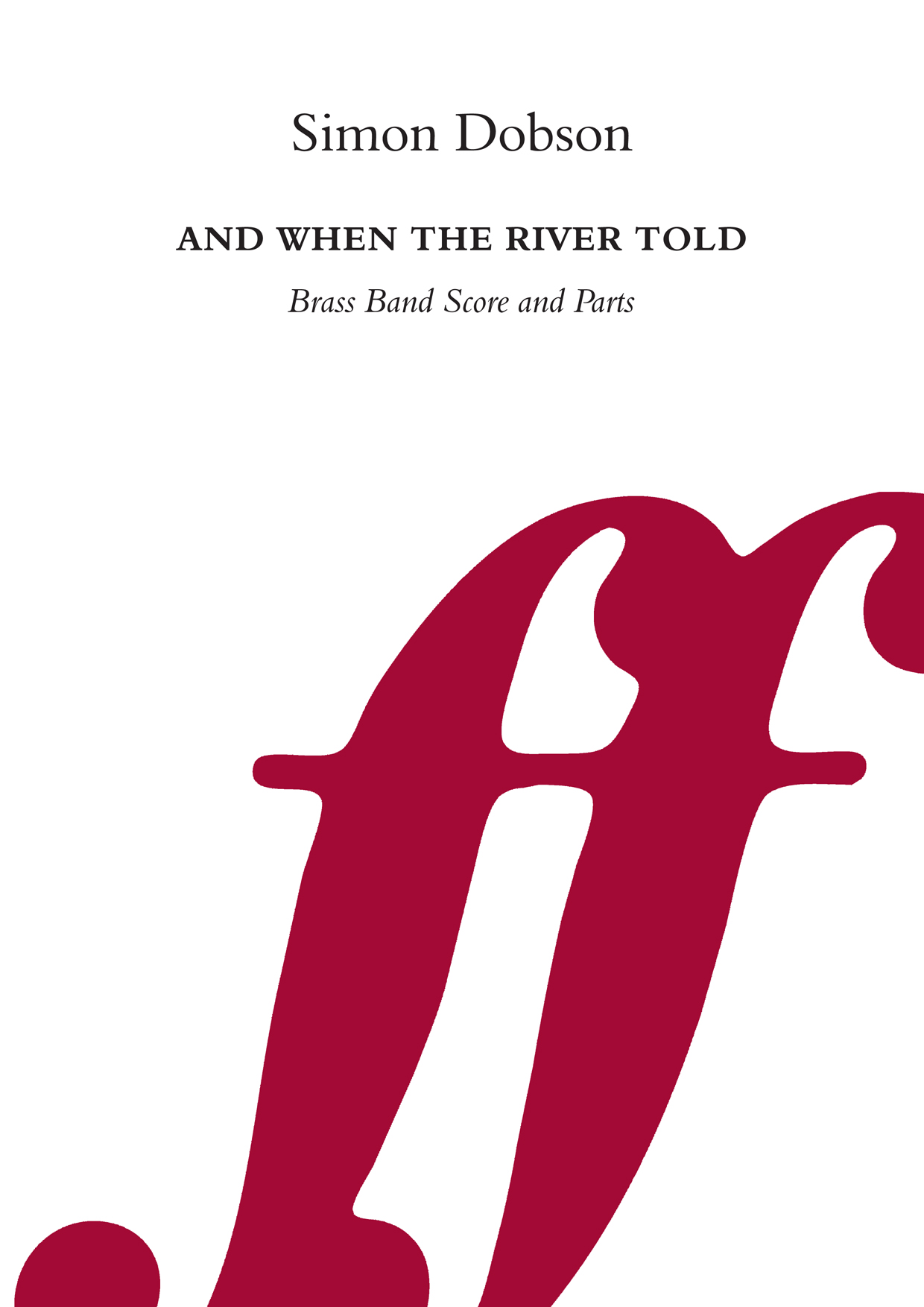Results
-
 £89.95
£89.95Breath of Souls - Paul Lovatt-Cooper
Breath of Souls was commissioned by Weyland and Yvonne Roberts and selected for the 100th National Brass Band Championships of Great Britain at the Royal Albert Hall on October 15th 2011. Duration 13:40
Estimated dispatch 10-14 days
-
 £10.00
£10.00Breath of Souls Study Score - Paul Lovatt-Cooper
This is a study score for the Breath of Souls that was commissioned especially for the 100th National Brass band Championships of Great Britain at the Royal Albert hall on October 15th 2011.
Estimated dispatch 10-14 days
-
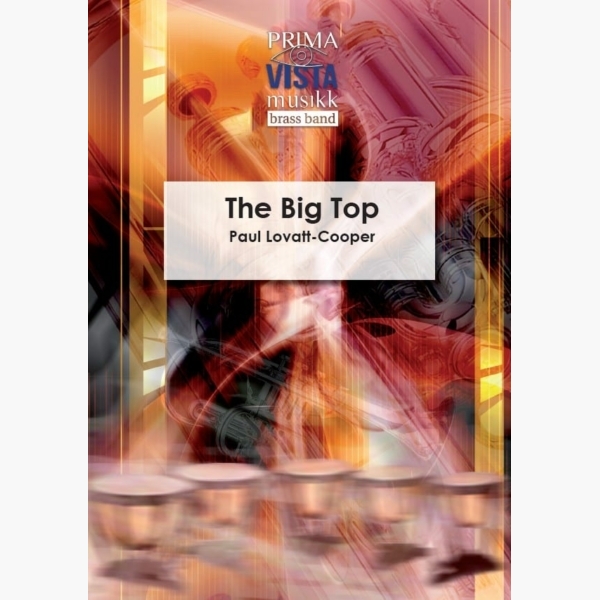 £24.95
£24.95The Big Top - Paul Lovatt-Cooper
This work was written for the Wardle High School Junior Brass Band as part of their programme at the National Festival of Music for Youth and first performed by the same band in Birmingham's Symphony Hall on 10th July 2006....
Estimated dispatch 5-7 working days
-
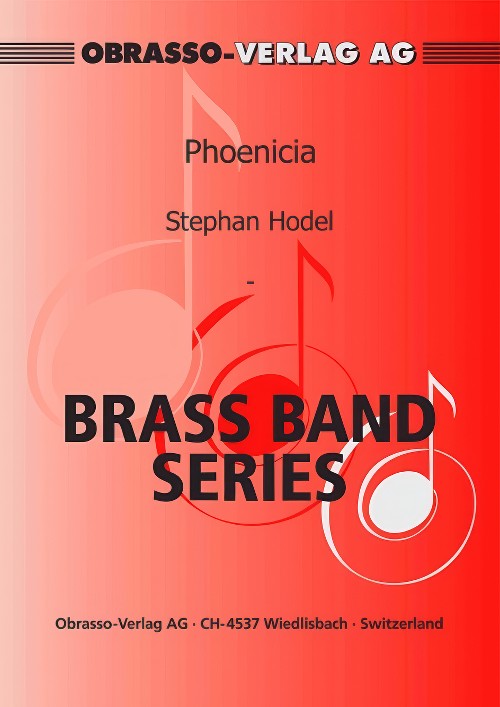 £86.30
£86.30Phoenicia (Brass Band - Score and Parts) - Hodel, Stephan
This composition is commissioned by the World Band Festival Foundation for the 20th anniversary of the Swiss Open Contest in the famous concert hall of the KKL in Lucerne, Switzerland 2018.
Estimated dispatch 7-14 working days
-
 £64.00
£64.00PEER GYNT SUITE OP. 46 (Brass Band) - Grieg, Edvard - Lorriman, Howard
Medium Includes: Morning Mood; The Death of Ase; In The Hall of the Moutain King
Estimated dispatch 7-14 working days
-
£105.00
And When The River Told - Simon Dobson
And When the River Told was commissioned by the Scottish Brass Band Association for the Scottish Open Championship, held on 20th November 2012 at the Perth Concert Hall. This colourful work takes one of Scotland's great rivers, the Tay, as its subject.Brass Band Grade 6: Championship.Duration: 13 Minutes.
In Stock: Estimated dispatch 1-3 working days
-
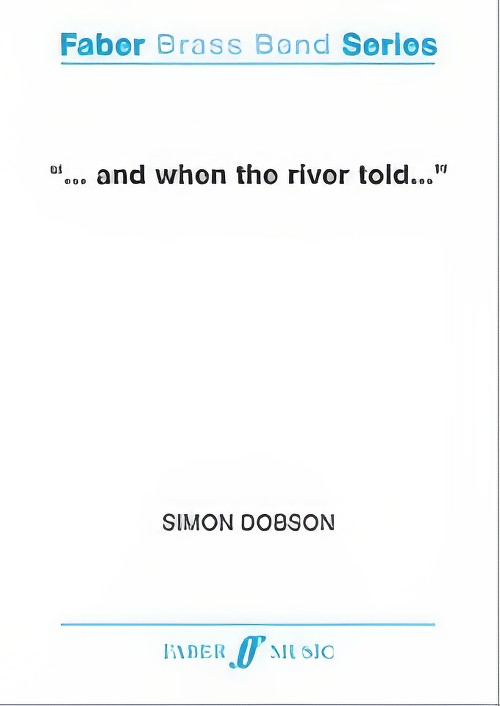 £100.00
£100.00And When the River Told (Brass Band - Score and Parts)
And When the River Told was commissioned by the Scottish Brass Band Association for the Scottish Open Championship, held on 20th November 2012 at the Perth Concert Hall. This colourful work takes one of Scotland's great rivers, the Tay, as its subject. Suitable for Championship Section Bands. Duration: 13.00
Estimated dispatch 7-14 working days
-
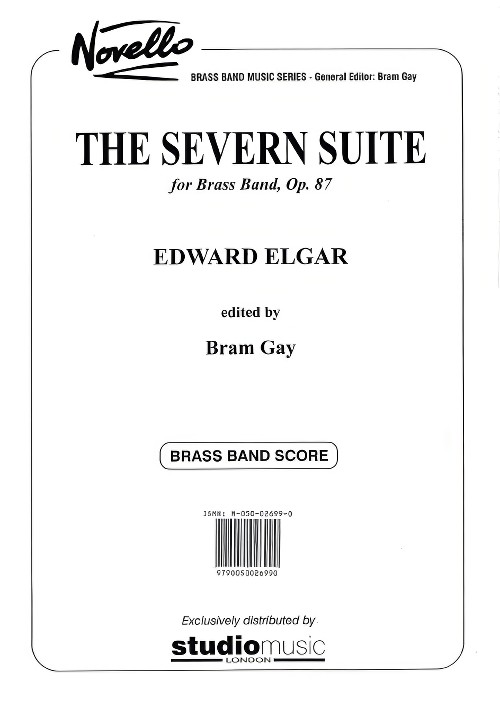 £44.95
£44.95The Severn Suite (Brass Band - Score only) - Elgar, Edward - Gay, Bram
The Severn Suite was first performed on 27 September 1930 at the National Brass Band Championships, Crystal Palace. The first performance of this edition took place on 7 September 1996 at the British Open Brass Band Championship at Bridgewater Hall, Manchester.Duration: 15-16 minutes
Estimated dispatch 7-14 working days
-
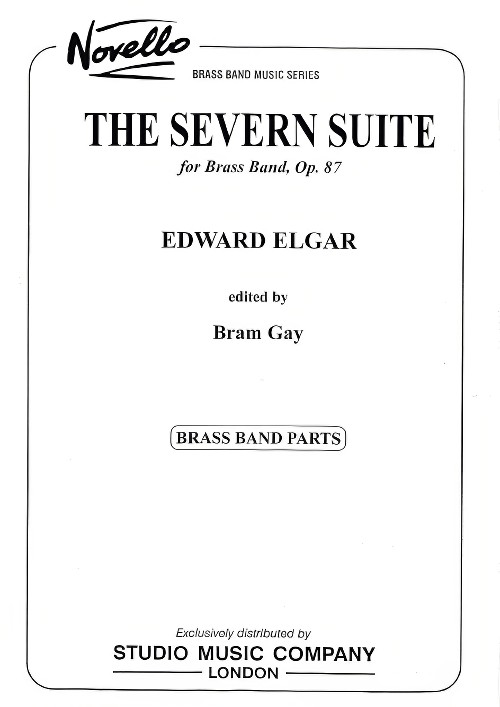 £94.95
£94.95The Severn Suite (Brass Band - Score and Parts) - Elgar, Edward - Gay, Bram
The Severn Suite was first performed on 27 September 1930 at the National Brass Band Championships, Crystal Palace. The first performance of this edition took place on 7 September 1996 at the British Open Brass Band Championship at Bridgewater Hall, Manchester.Duration: 15-16 minutes
Estimated dispatch 7-14 working days
-
£40.00
Creative Dreams - Matthew Hall
Creative Dreams was written for the opening of the new Abraham Darby Academy in Telford, Shropshire. This jubilant piece can be performed as a Brass Band work, a Wind Orchestra work, or the forces can be combined.
Estimated dispatch 5-7 working days

